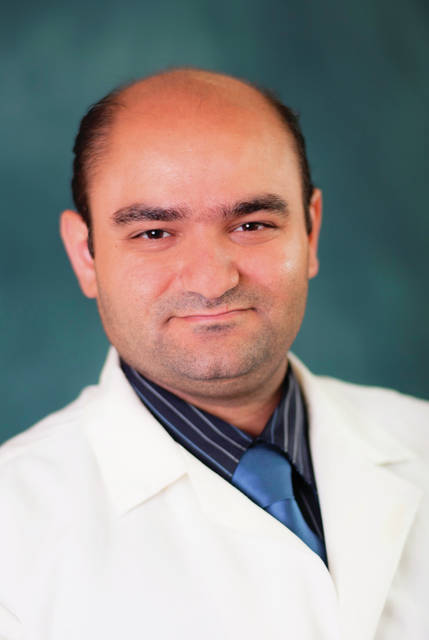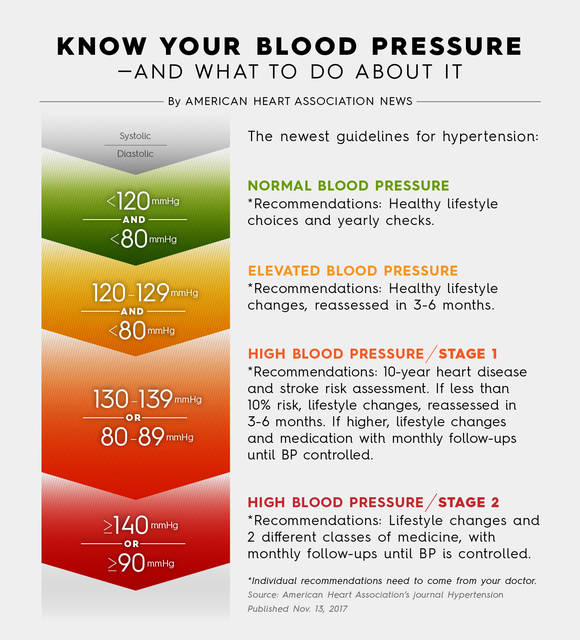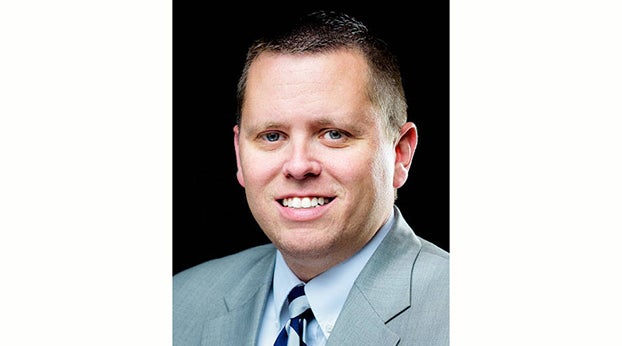Heart disease — the No. 1 cause of death
Published 3:42 pm Thursday, February 8, 2018
The latest statistics from the American Heart Association reveal cardiovascular diseases are the leading cause of death in the world, claiming nearly 18 million lives in 2015. In the United States, heart disease remains the number one cause of death.
According to American Heart Association, more than 100 million U. S. adults have high blood pressure, and statistics show the death rate from high blood pressure increased by nearly 11 percent in the United States between 2005 and 2015, and the actual number of deaths rose by almost 38 percent — up to nearly 79,000 by 2015.
“High blood pressure forces your heart to work too hard, and it hardens the walls of your arteries,” stated ARH Interventional Cardiologist Georges Damaa, MD. “That is why it’s important to check your blood pressure regularly and record your numbers so you can share them with your physician.”
When taking your blood pressure, your readings are shown as two numbers, typically written as a ratio, that represent different measurements. The American Heart Association defines blood pressure numbers as follows: Systolic: The top number and also the higher of the two numbers. This number signifies the pressure in the arteries when the heart beats (when the heart muscle contracts). Diastolic: The bottom and lower of the two numbers. It measures the pressure in the arteries between heartbeats (when the heart muscle is resting between beats and the heart refills with blood).
What is considered normal blood pressure or high blood pressure? View the chart for a quick look at blood pressure categories defined by the American Heart Association.
“Whether you’ve just begun dealing with high blood pressure or have had it for several years, the good news is you can take steps to lower your blood pressure,” said Dr. Damaa.
Take these steps to focus on a healthy lifestyle which includes increasing physical activity, managing your weight with a healthy diet (especially lowering your daily intake of salt), managing stress, avoiding tobacco, drinking less alcohol (if you consume alcohol) and taking any prescribed medications.
For more information on high blood pressure or to locate an ARH physician or cardiologist near you, go to www.arh.org.







